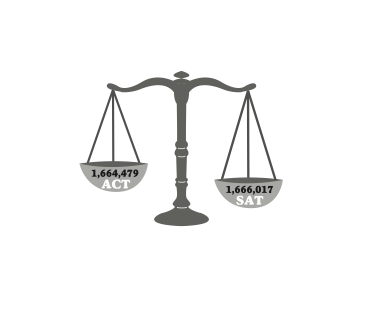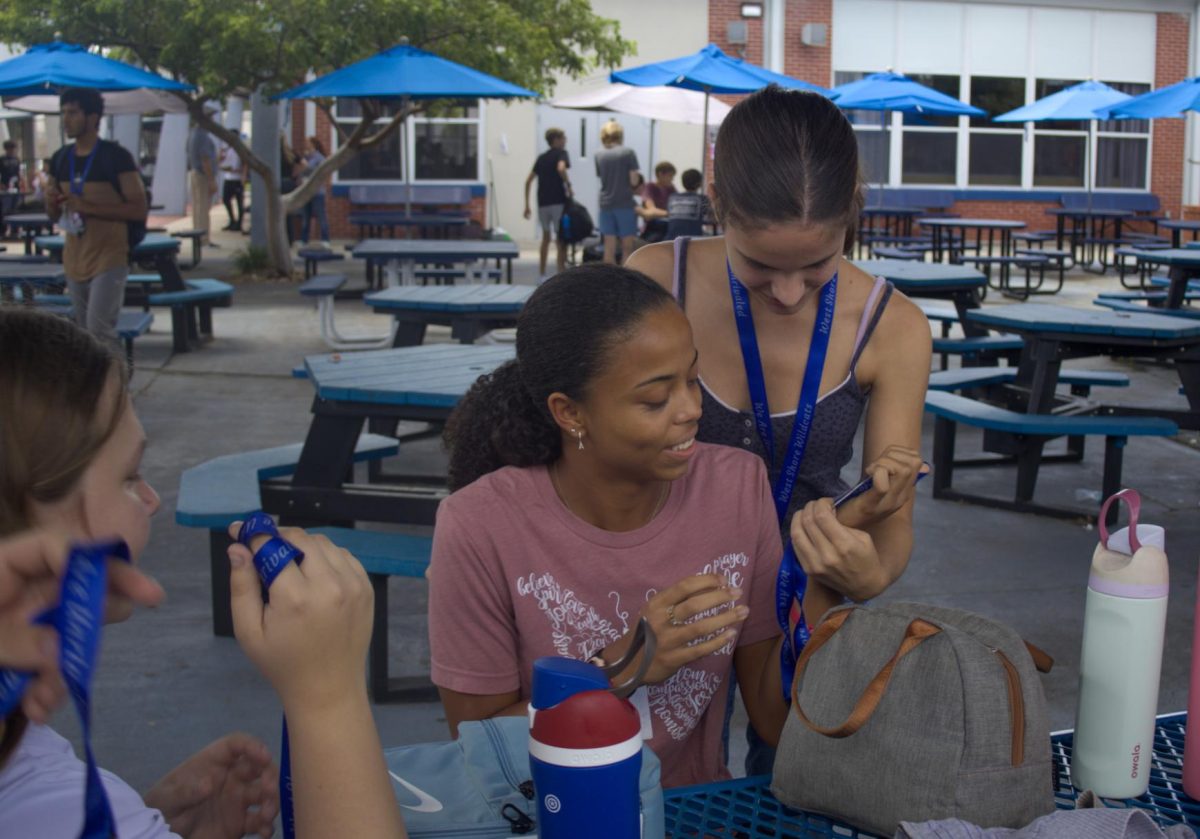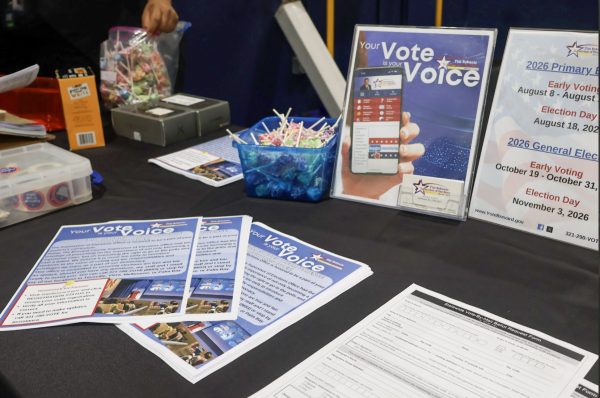Admissions Exam Revised

Between “OMG” and “TBH” there doesn’t seem to be a three letter acronym that today’s teens don’t know. But with College Board announcing drastic changes to one of its best- known tests, the meaning of “SAT” might be beyond even today’s most avid texters.
During the first week of March, College Board President David Coleman explained that beginning in the Spring of 2016, the currently offered version of the SAT will be replaced with a new one containing eight key changes. Of these, arguably the most significant alteration to the test will be the removal of the essay requirement, once again making the maximum score 1600.
“This is going to change starting in the spring of 2016,” testing coordinator Mike Drake said. “My first thought was ‘who is this going to affect?’ If you think about it, really, 10th, 11th and 12th graders don’t have to worry about it.”
Drake said the changes are reflective of a growing body of ACT takers in comparison to the SAT. In 2013, the number of students taking the SAT (1,664,479) was slightly lower than that of the ACT (1,666,017).
“Overall, they’re responding to the ACT,” Drake said. “There are more kids taking the ACT because the ACT is considered to be more representative of the curriculum you’ve been exposed to as a student and how you’ve done as a student.”
But while the number of students who take the SAT is slightly lower, the overall population of students who are taking standardized tests is steadily increasing.
“College Board is one of the more reliable testing companies since they do AP and have done SAT for years, so I would imagine that something moved them in that direction,” he said.
College Board has faced criticism for creating tests that favor certain students and disadvantage others, particularly low-income students. Students who were unable to afford the costly but effective SAT crash courses find themselves missing out on an opportunity to get the score they need for college admission.
However, with one of the key changes involving a partnership between College Board and Khan Academy, it appears that College Board has begun to make efforts to address the issue.
“By the time they begin to administer the new SAT, I will already be getting to graduate so it most likely won’t affect me but I think College Board knew that their test was long-due for a revision,” sophomore Srimayi Tenali said.
Critics of the SAT have expressed disappointment that the fundamental changes did not include moving the personal survey portion to the end of the test, an issue that has been presented to College Board a number of times. Proponents of the proposal suggest that placing the personal survey questions at the beginning of the test, students are exposed to stereotype threat, a social tendency in which test-takers perform according to the groups with which they associate.
The redesigned test does contain changes that aim to make it an unbiased indicator of college-readiness.
Along with removing the penalty for wrong answers, the exam will no longer test students on their knowledge of obscure words but instead will focus on relevant vocabulary. The change in vocabulary assessment was a well-received change, with many lauding College Board for recognizing most students will forget the obscure words as soon as they close their test booklets.
“With the vocabulary, that should be embedded in the passage, they can test a higher level vocabulary and still cover that,” English teacher Mary Nelson said. “Just to know a word randomly isn’t the same as seeing it in context.”
Moving away from the traditional college-readiness evaluation, the SAT will now test students on topics that should have been taught in school. The exam will include passages culled from the nation’s “founding documents,” including the Bill of Rights and the Rev. Dr. Martin Luther King Jr.’s “Letter From Birmingham Jail.”
With those changes coupled with the fact there no longer will be a penalty for wrong answers, College Board hopes the redesigned SAT will once again become the most widely taken test in the United States.
“If the student does well on the SAT, it means they can think,” Nelson said. “Doesn’t mean they study well, doesn’t mean they do their homework, doesn’t mean they turn in their work on time. But it means they have the potential. Whether or not they succeed, that’s their choice.”


![Sophomore Isabelle Gaudry walks through the metal detector, monitored by School Resource Officer Valerie Butler, on Aug. 13. “I think [the students have] been adjusting really well," Butler said. "We've had no issues, no snafus. Everything's been running smoothly, and we've been getting kids to class on time.”](https://westshoreroar.com/wp-content/uploads/2025/08/IMG_9979-1200x800.jpg)




































